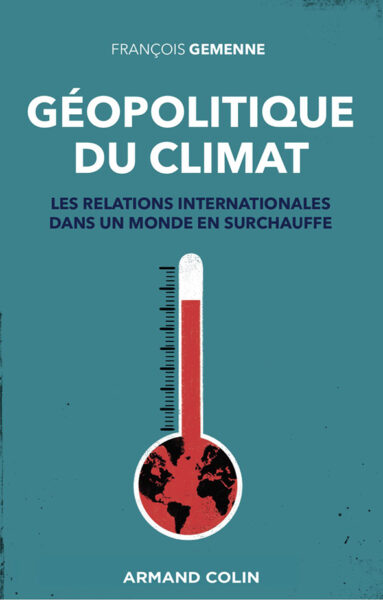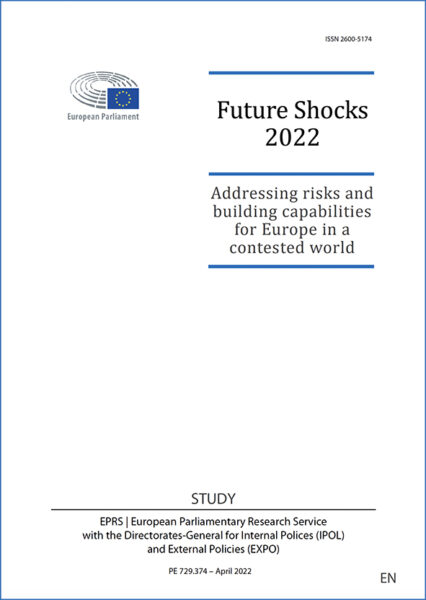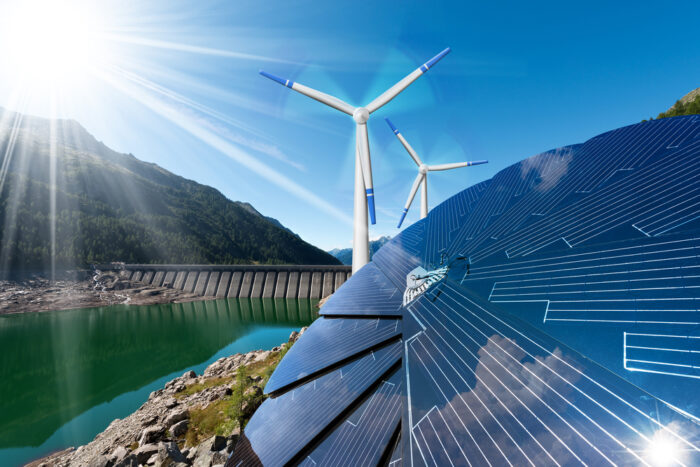The Arctic is heating up faster than any other part of the planet. The frozen part of the Arctic Ocean, which is at its lowest level in September each year, has decreased in size continuously over the last 30 years. This is an unprecedented trend in recent human history and climate specialists firmly believe it to be a durable, long-term pattern. If nothing is done to reduce the greenhouse gas emissions that underlie this temperature rise, then by the middle of the century the Arctic Ocean could be virtually free of ice during September. Apart from the dramatic environmental consequences ensuing from these climatic changes, this opens up a number of opportunities for the countries around the Arctic Circle –and also for many other countries indirectly concerned by the melting of the Arctic ice, through its consequences for navigation, fishing, energy and minerals production, scientific research etc.
Charles de Jouvenel has interviewed Jean-Christophe Victor, a specialist in the polar regions, about climate-related prospects and issues for the Arctic, and the risks and opportunities that ensue for the territories and states concerned. Let us hope that what he had to say will strengthen the motivation of the negotiators who are to meet in Paris from 30 November to 11 December of this year (21st Conference of the Parties to the UN Framework Convention on climate change or COP21) in an attempt to reach an agreement to combat global warming as quickly and effectively as possible.



